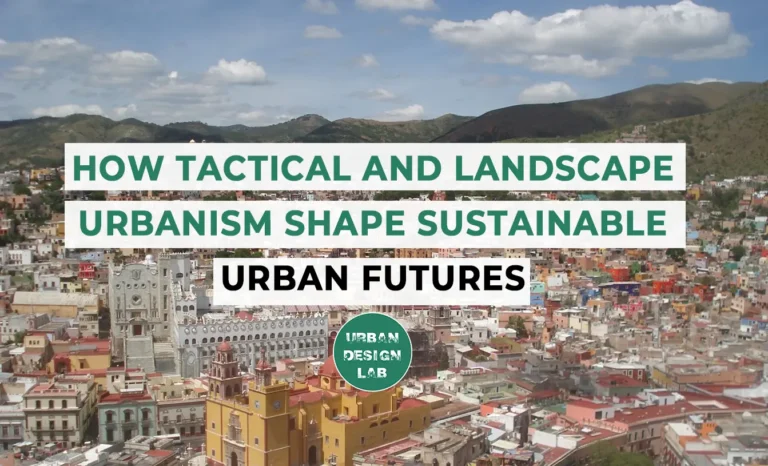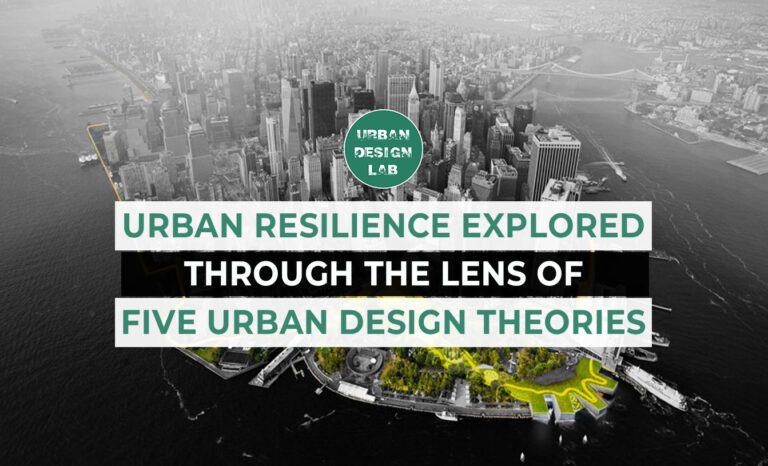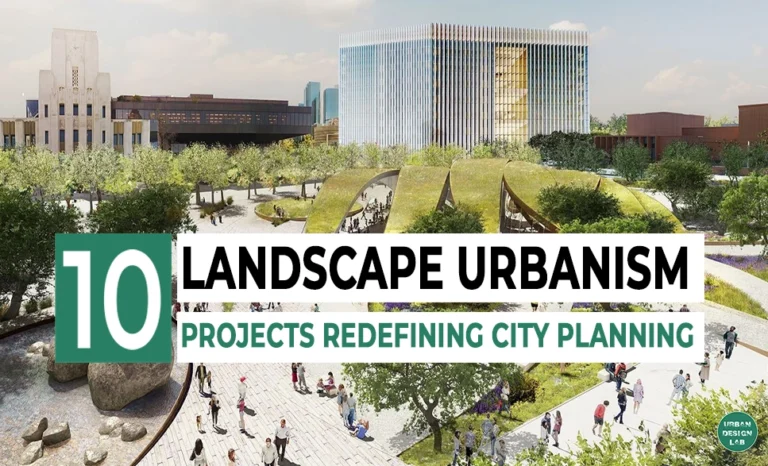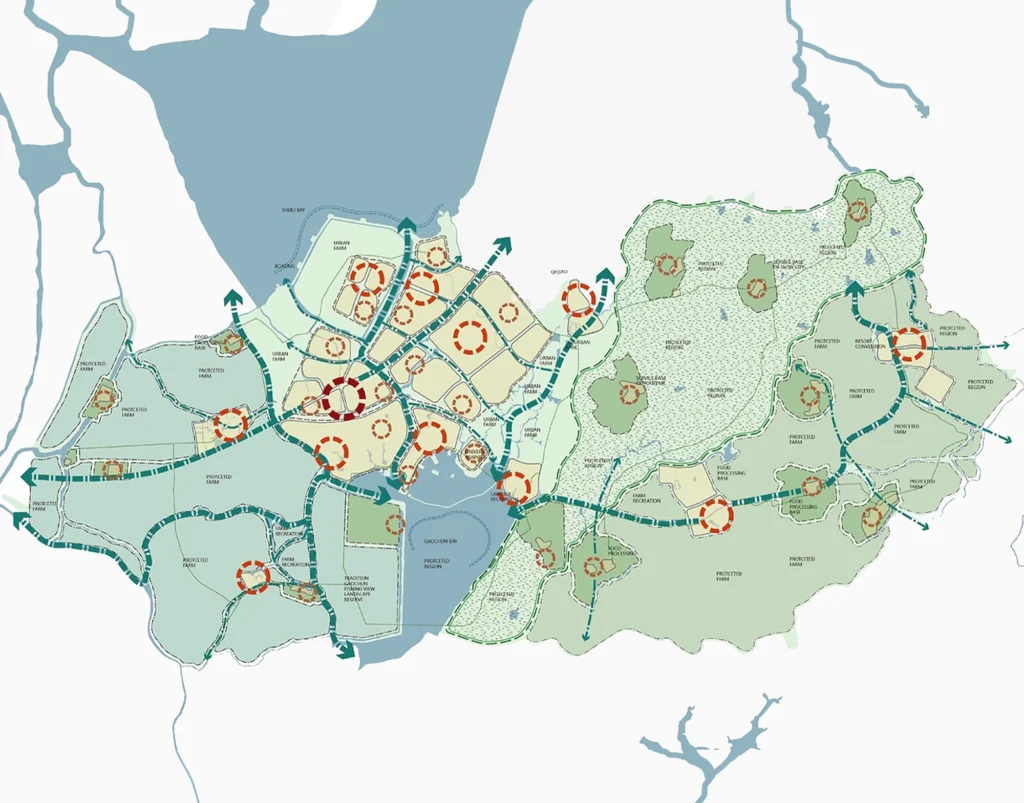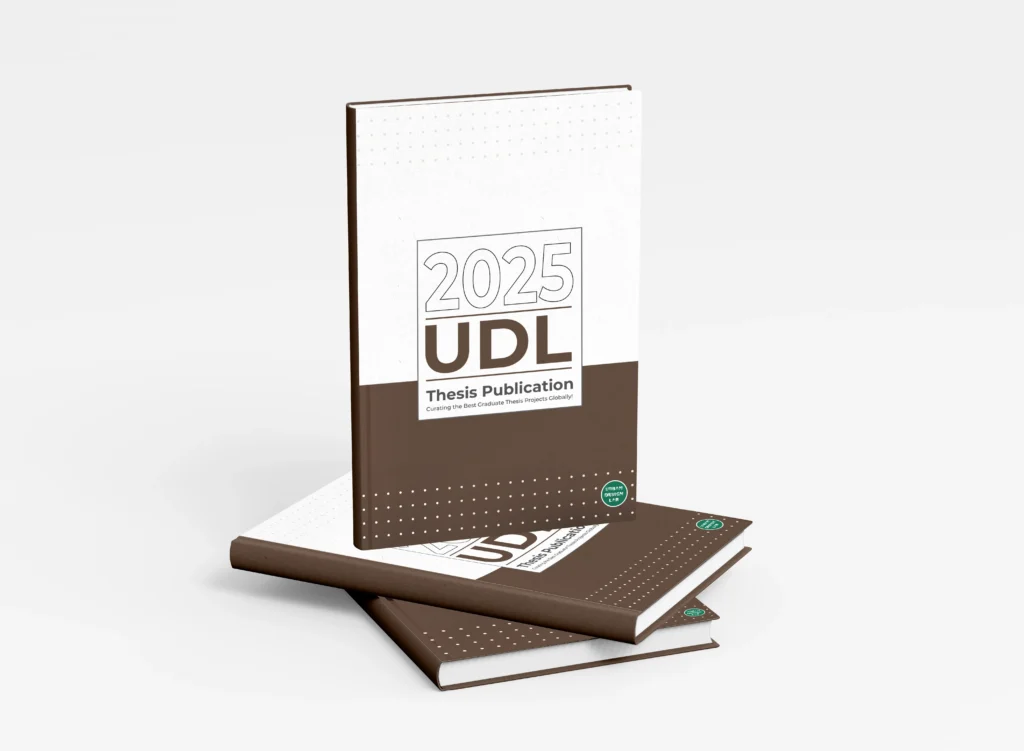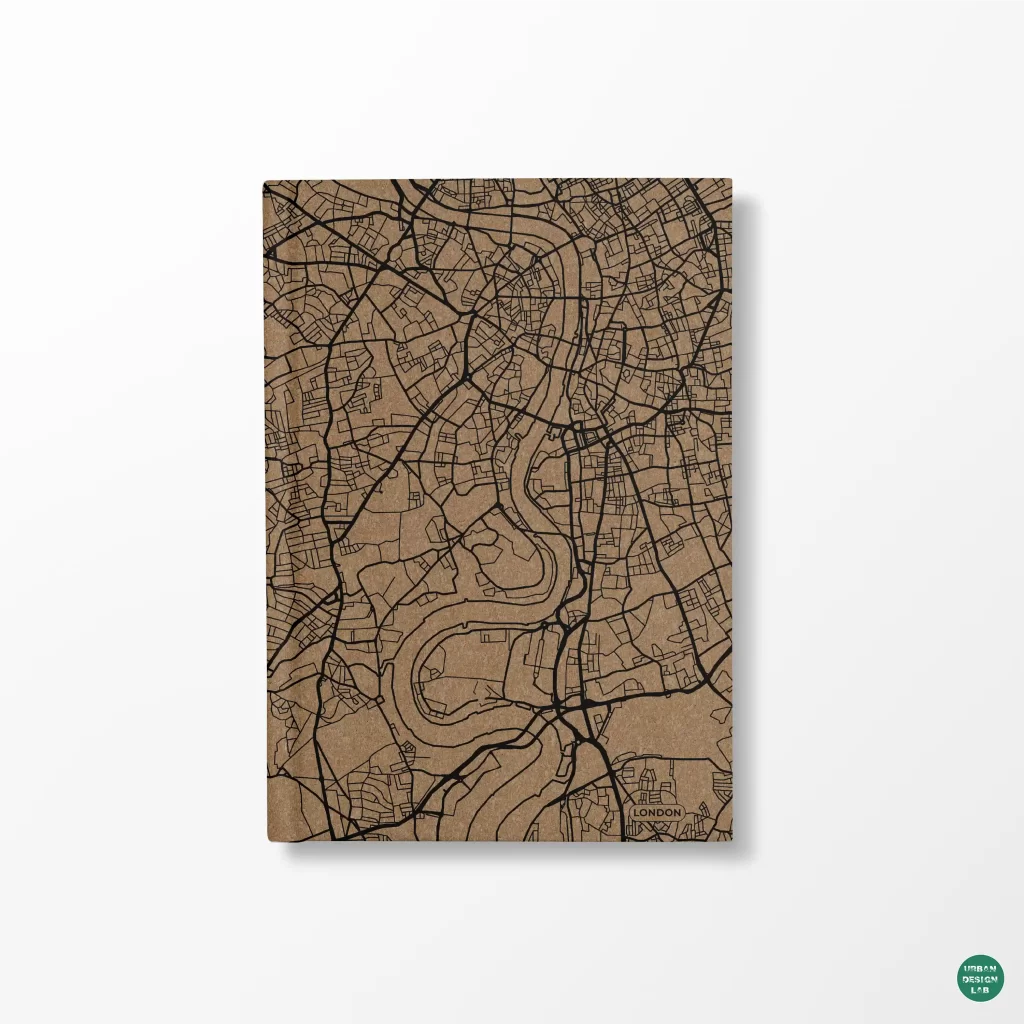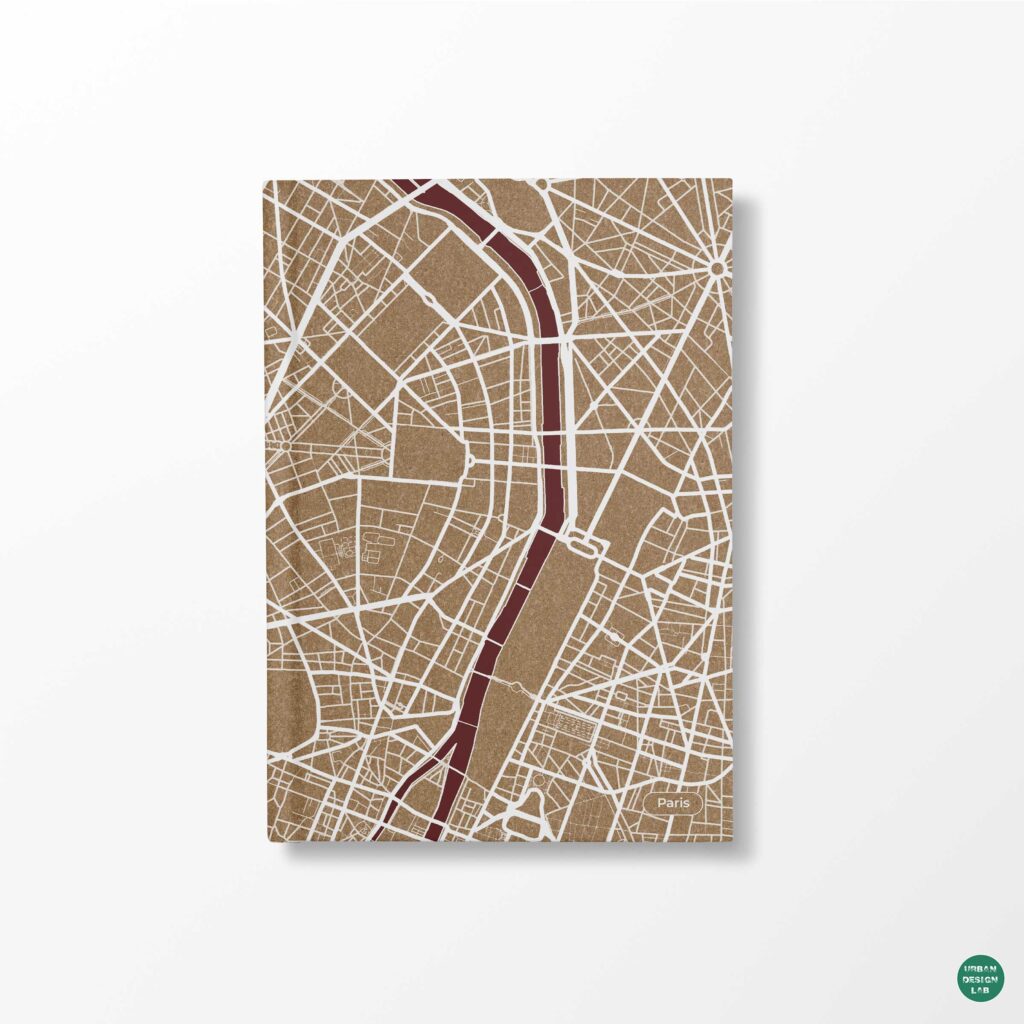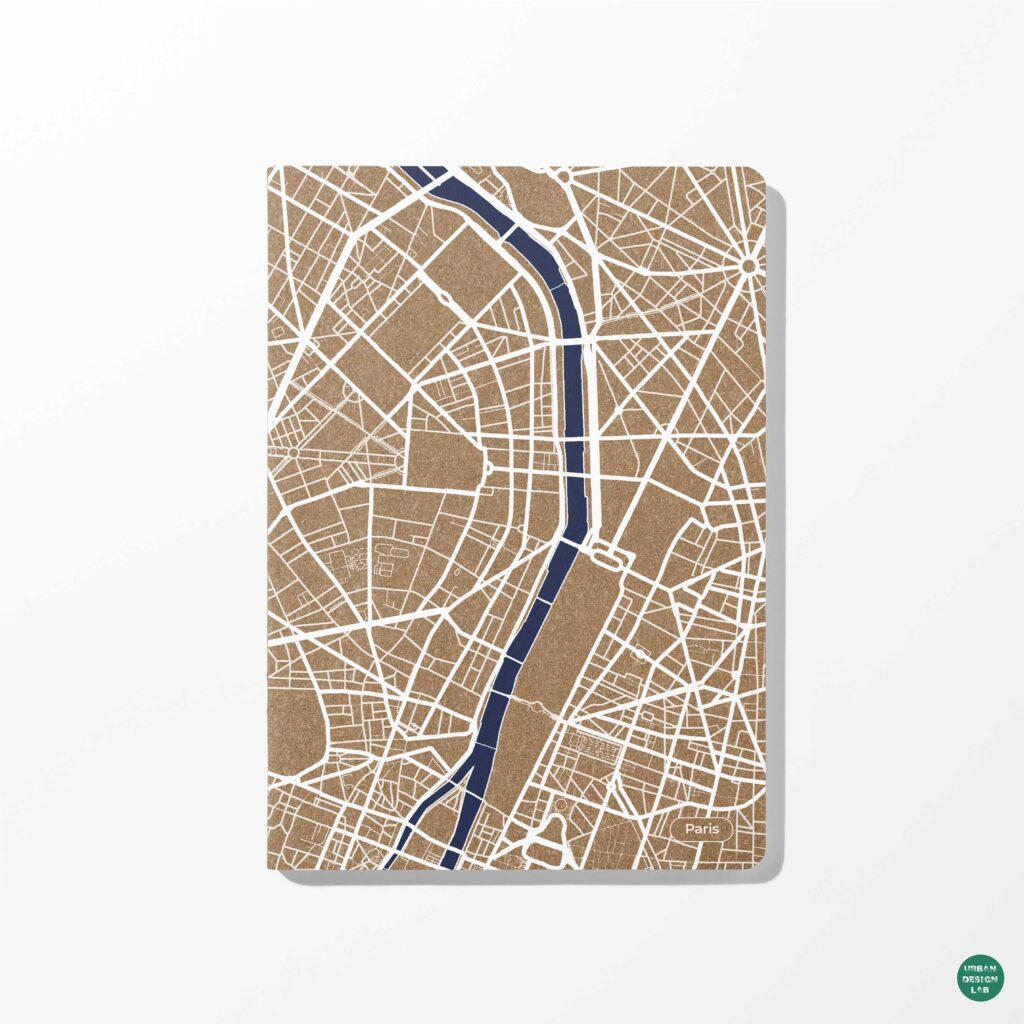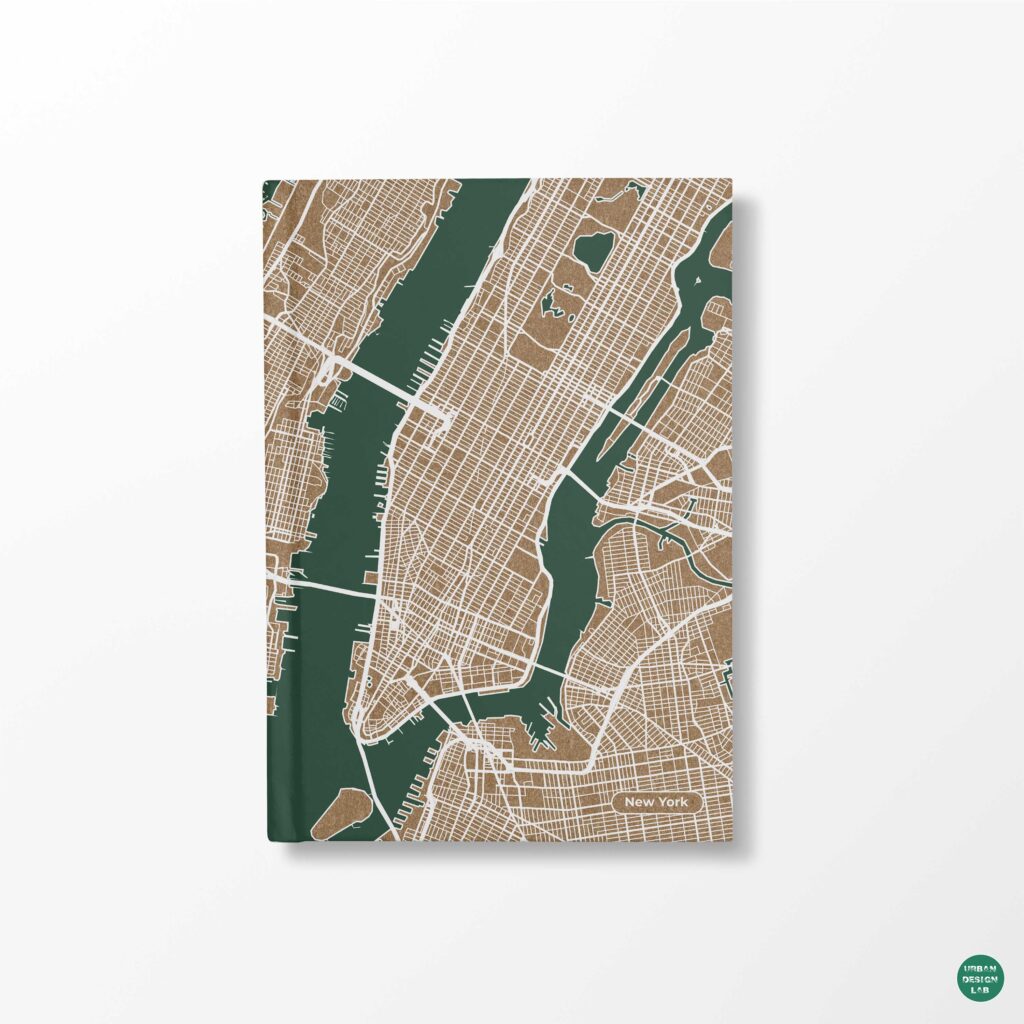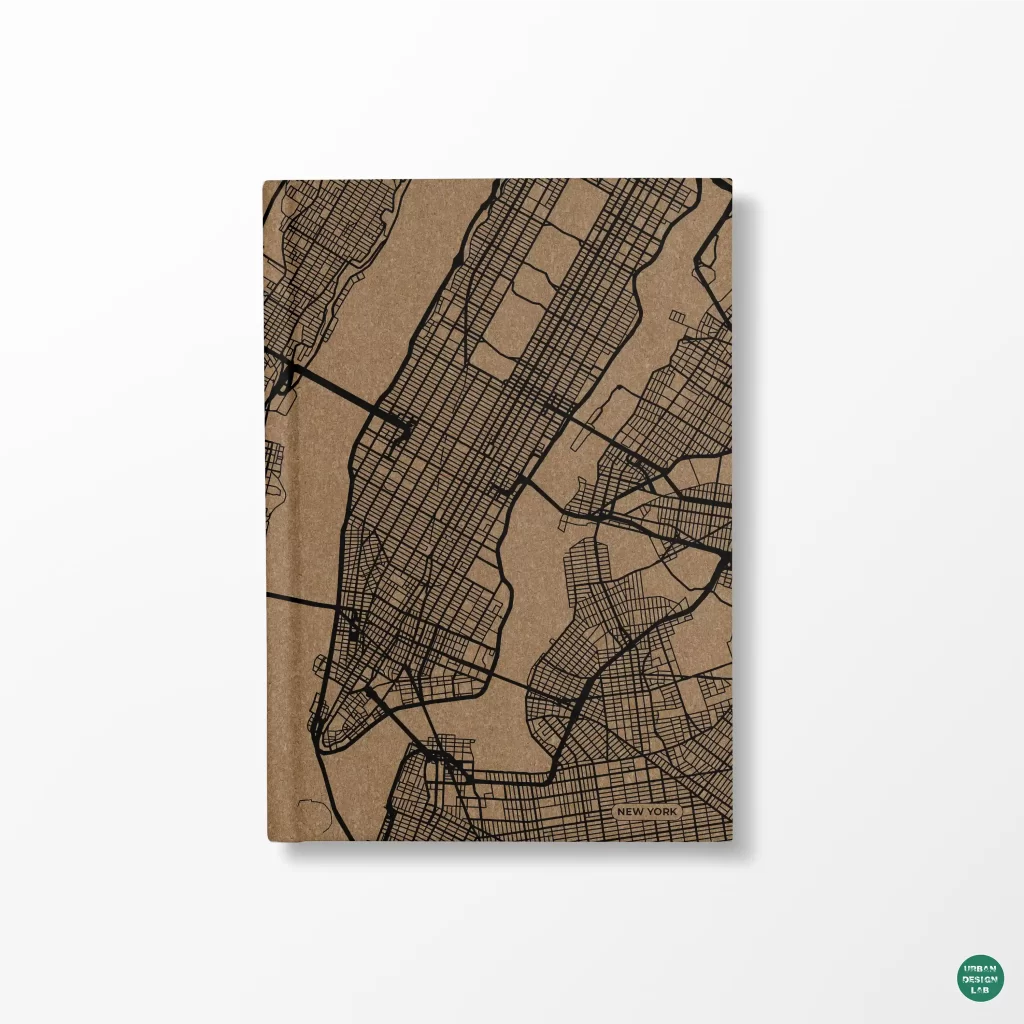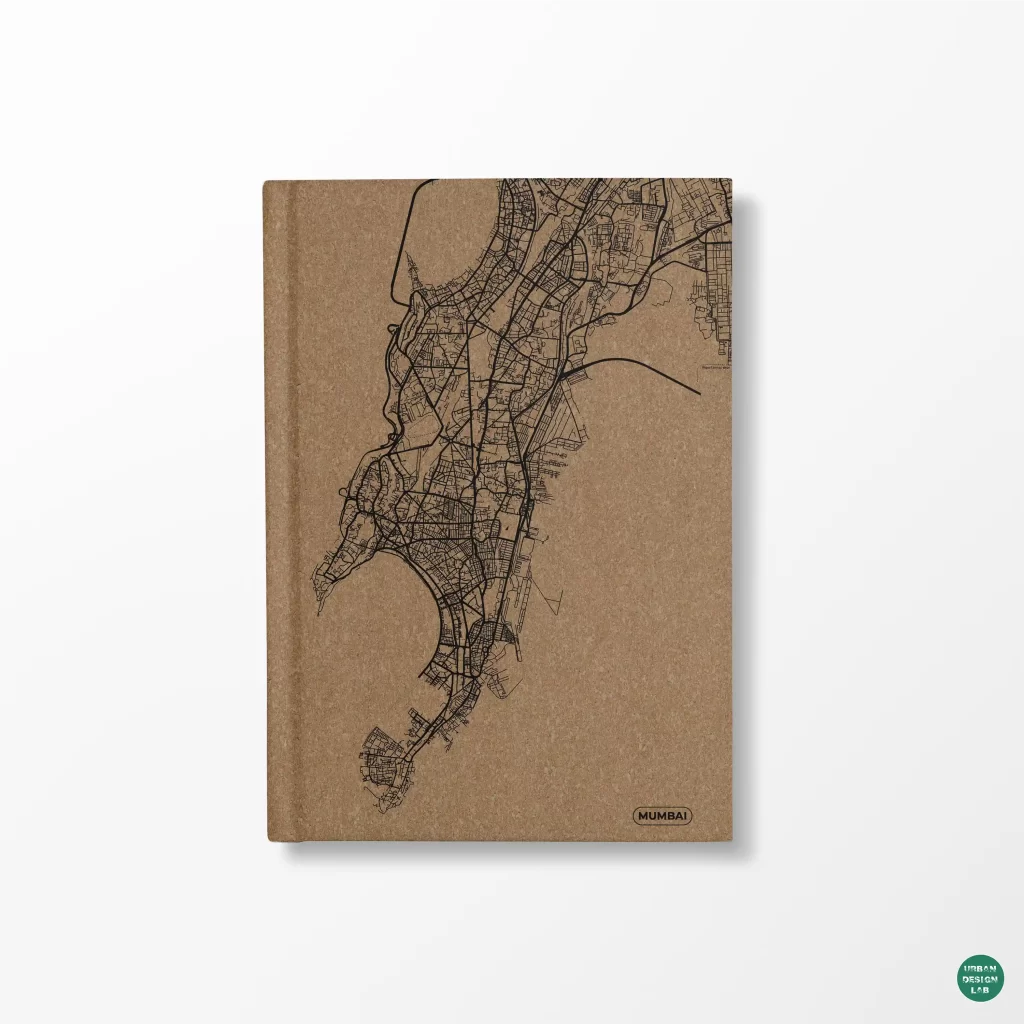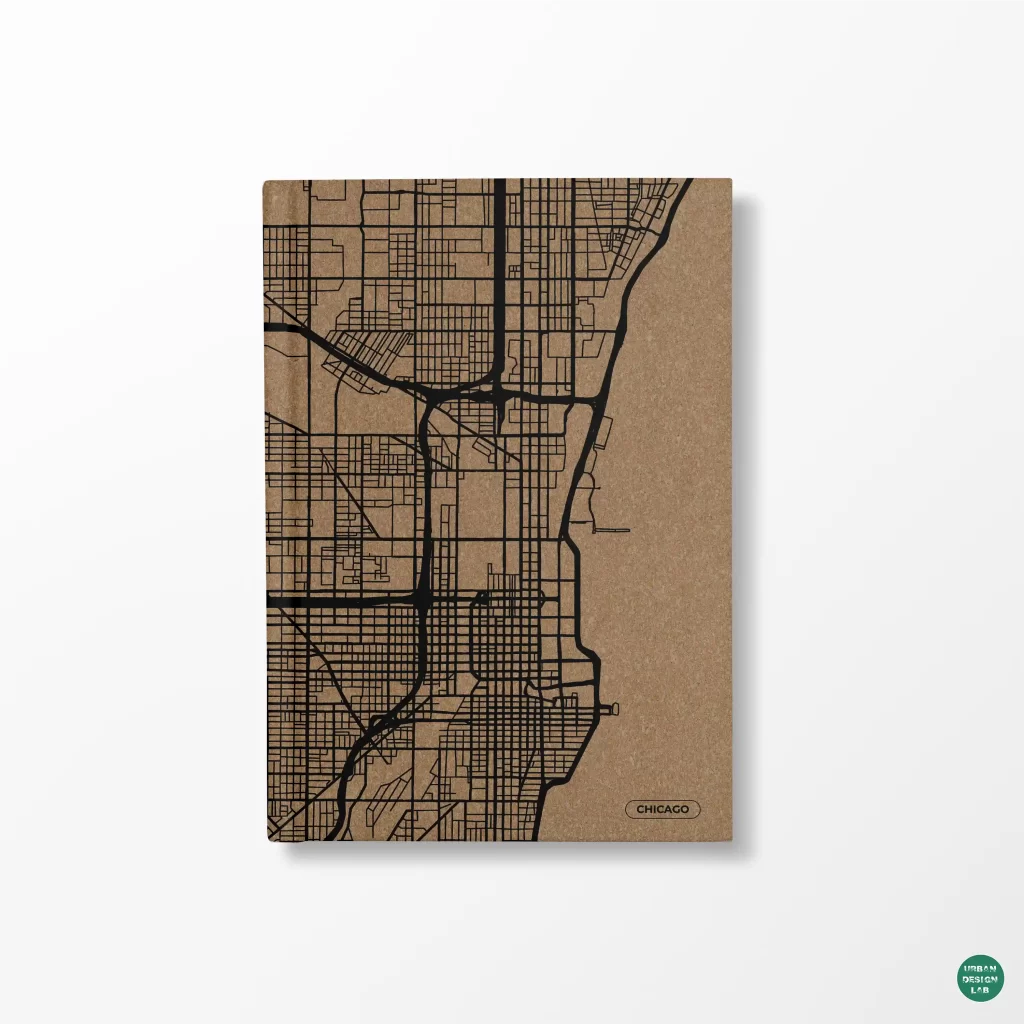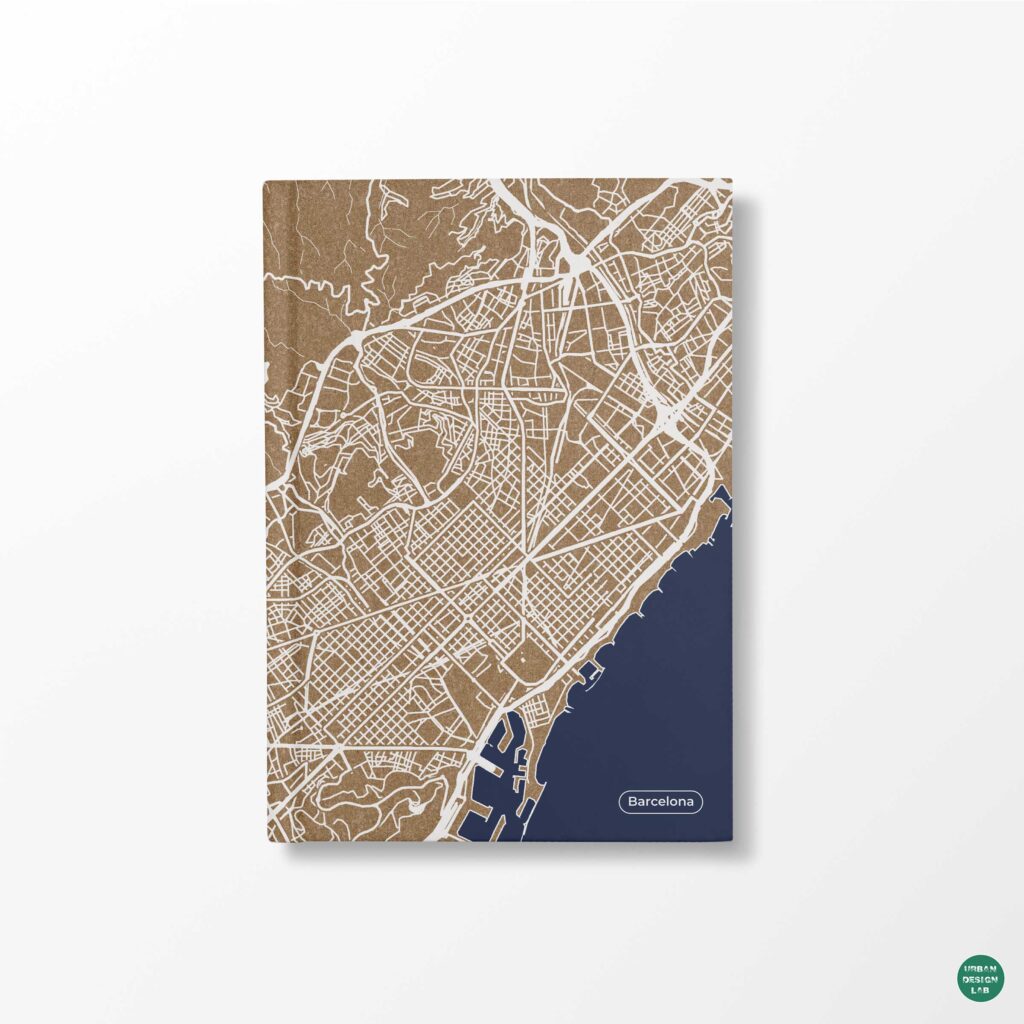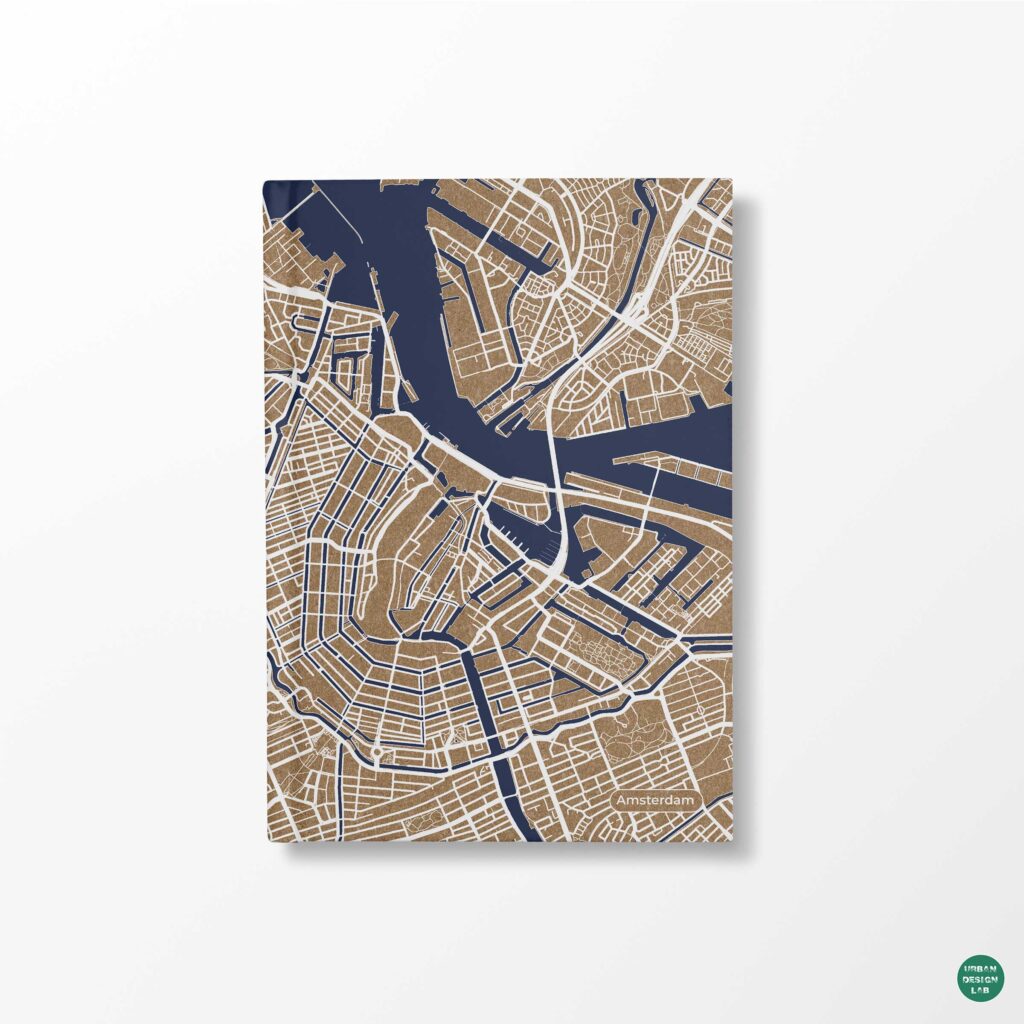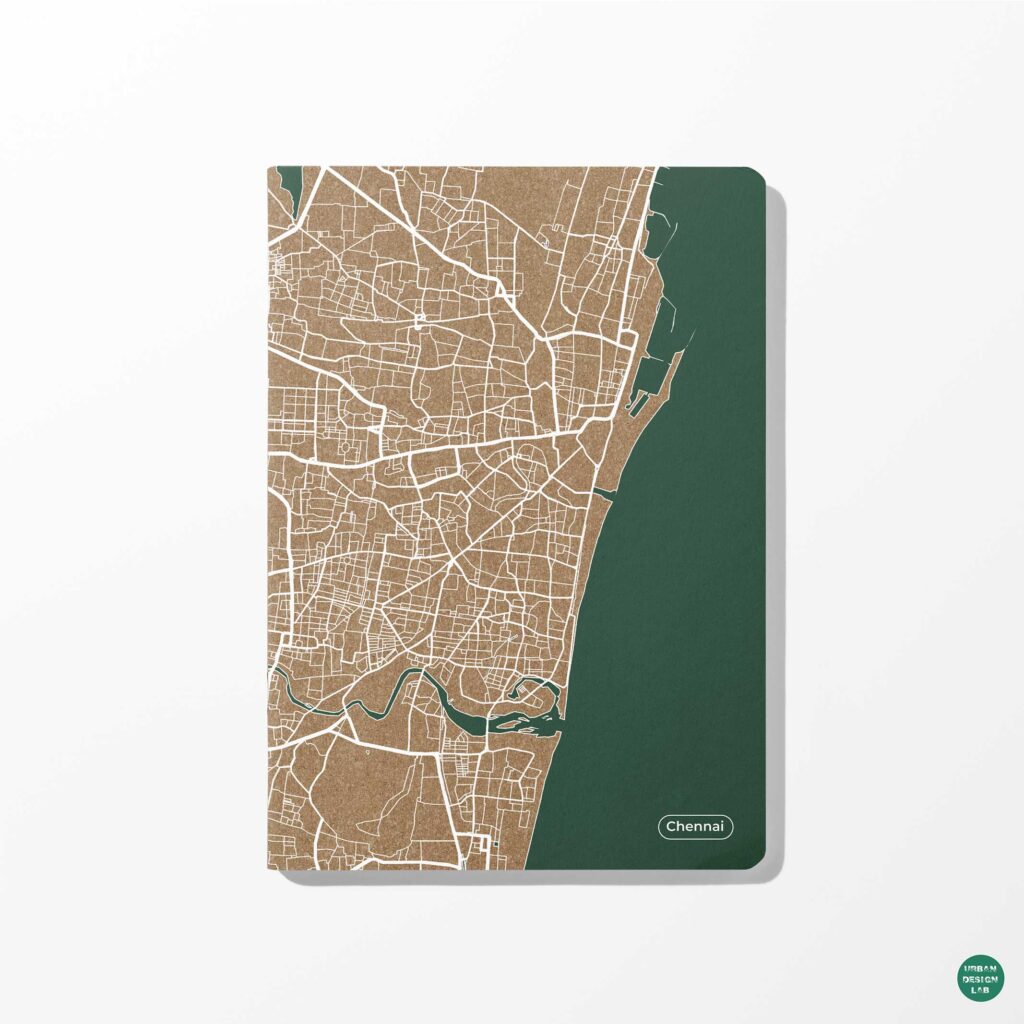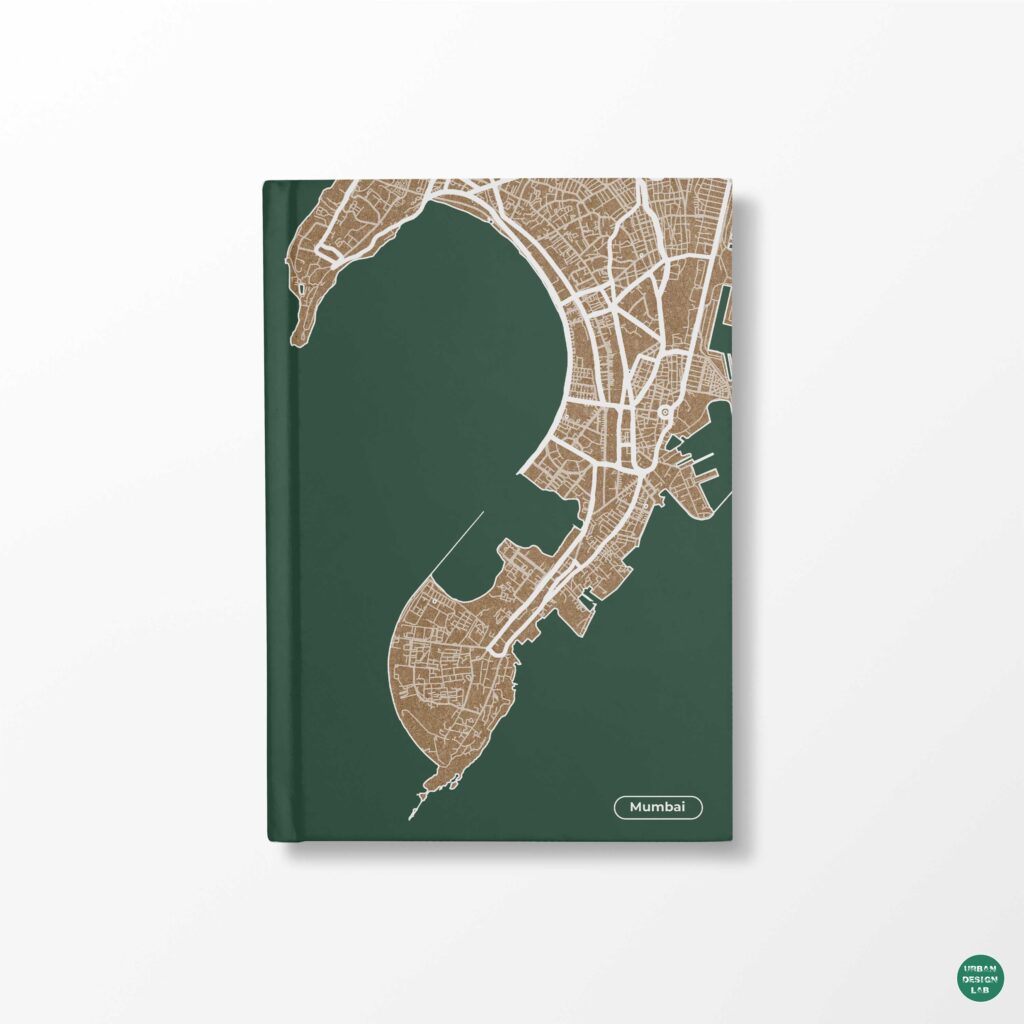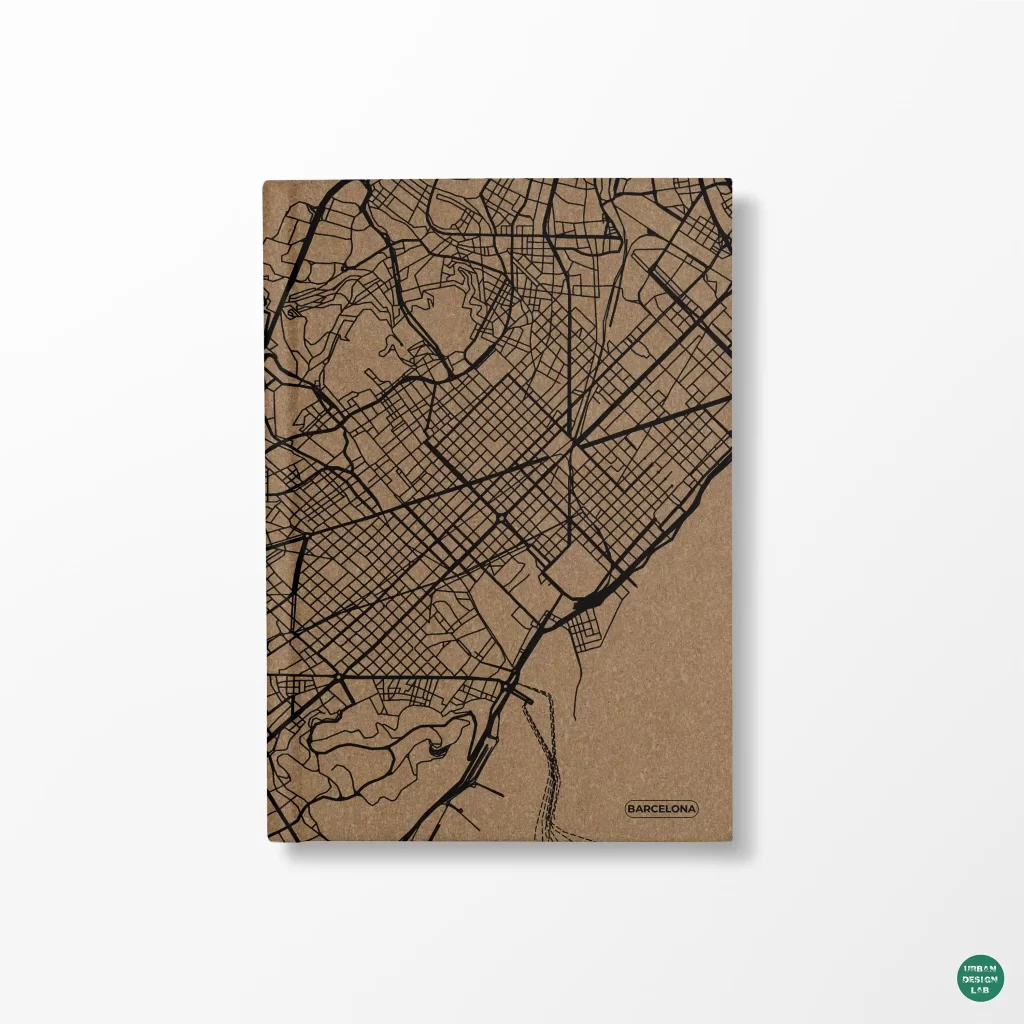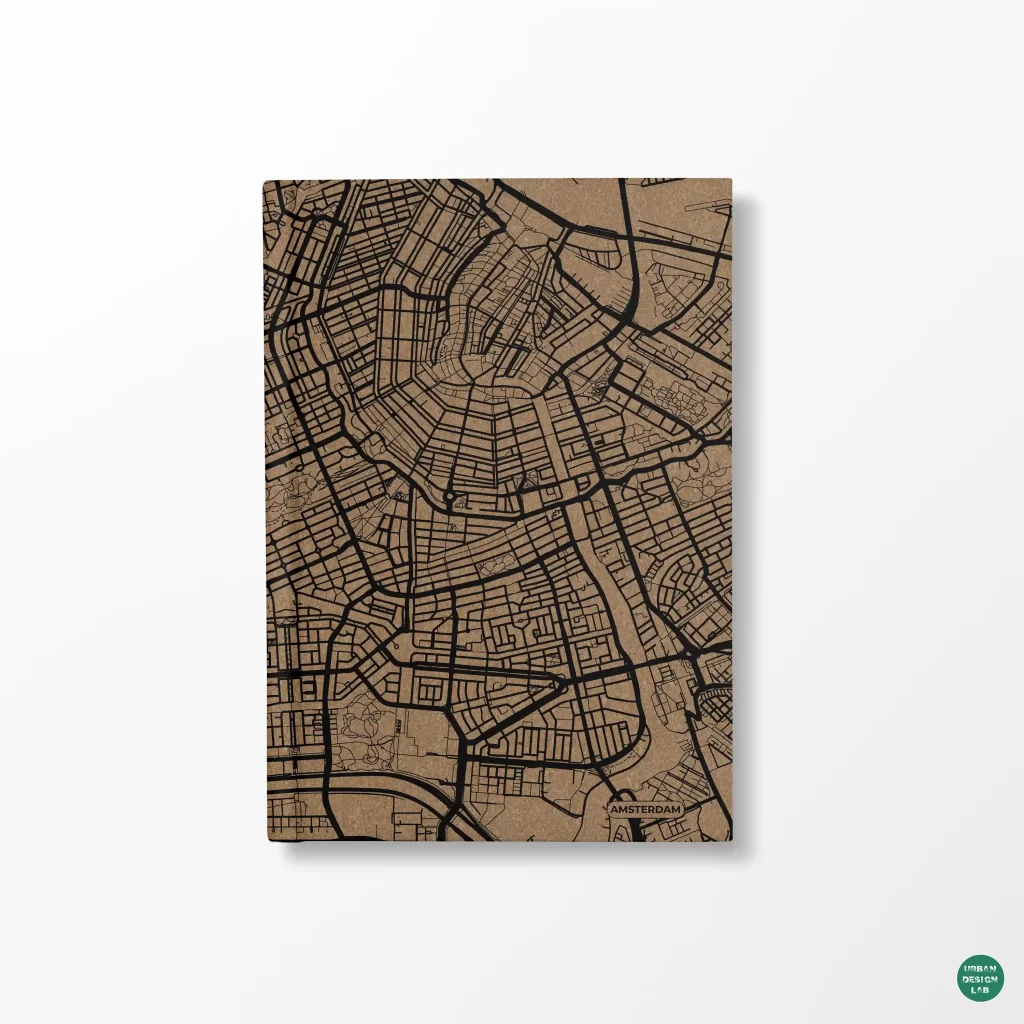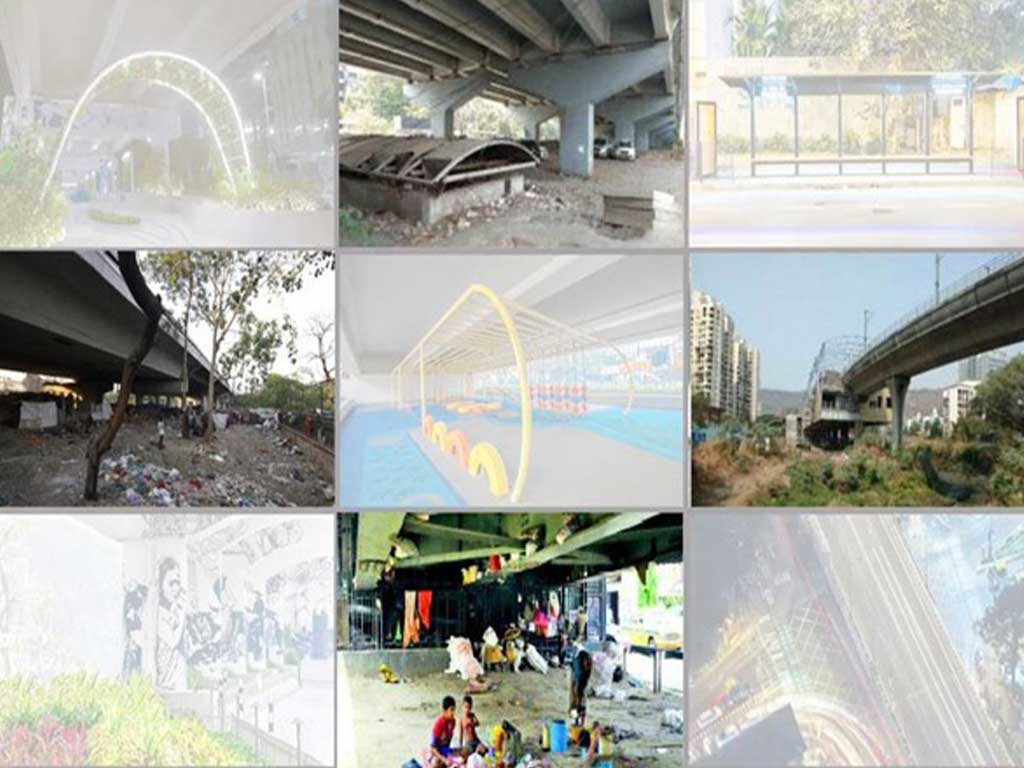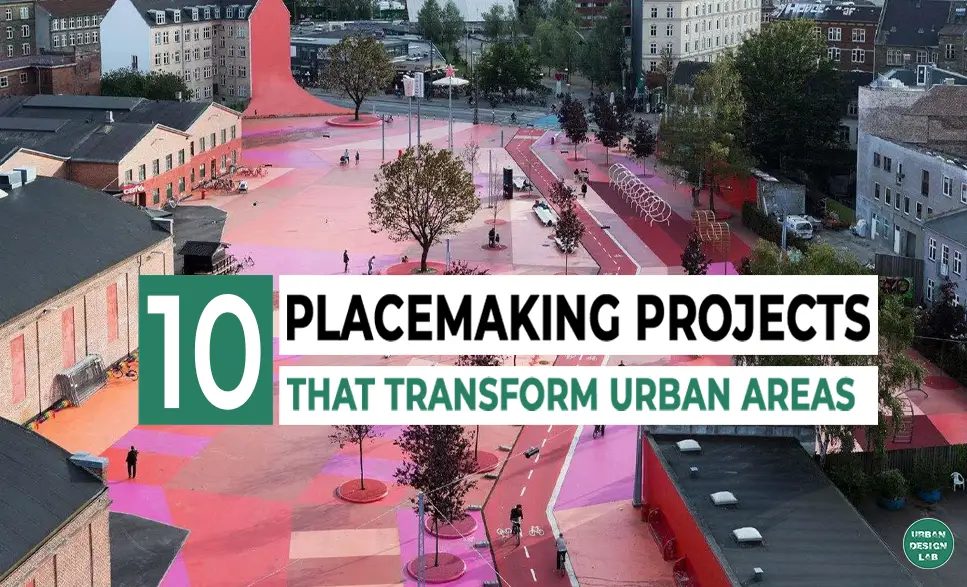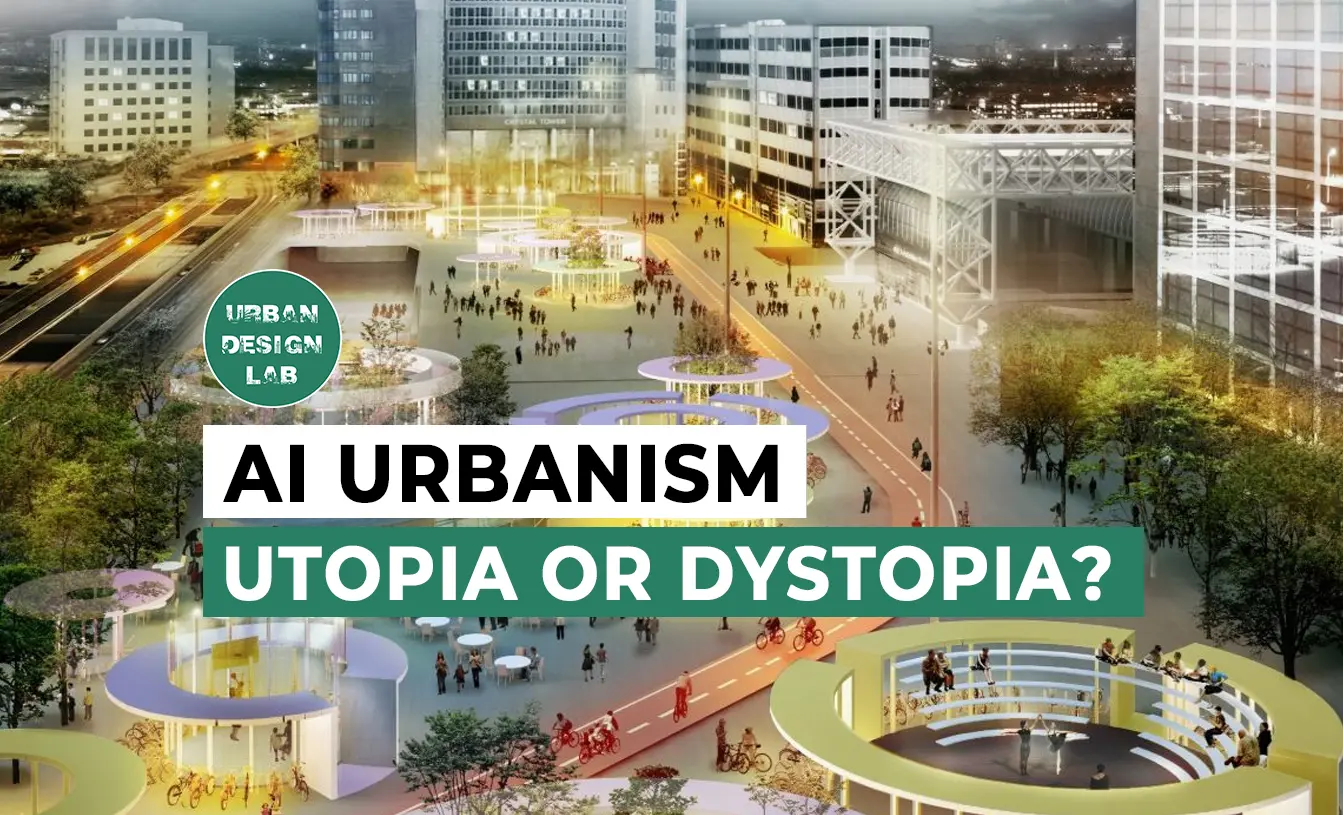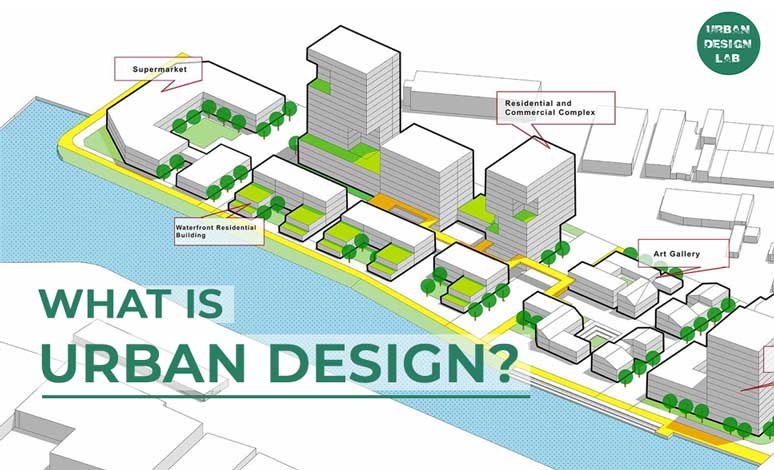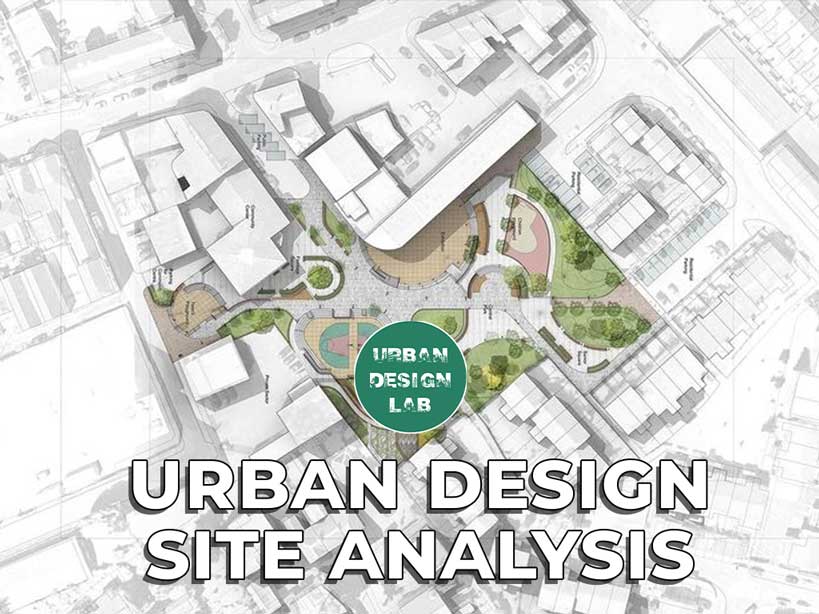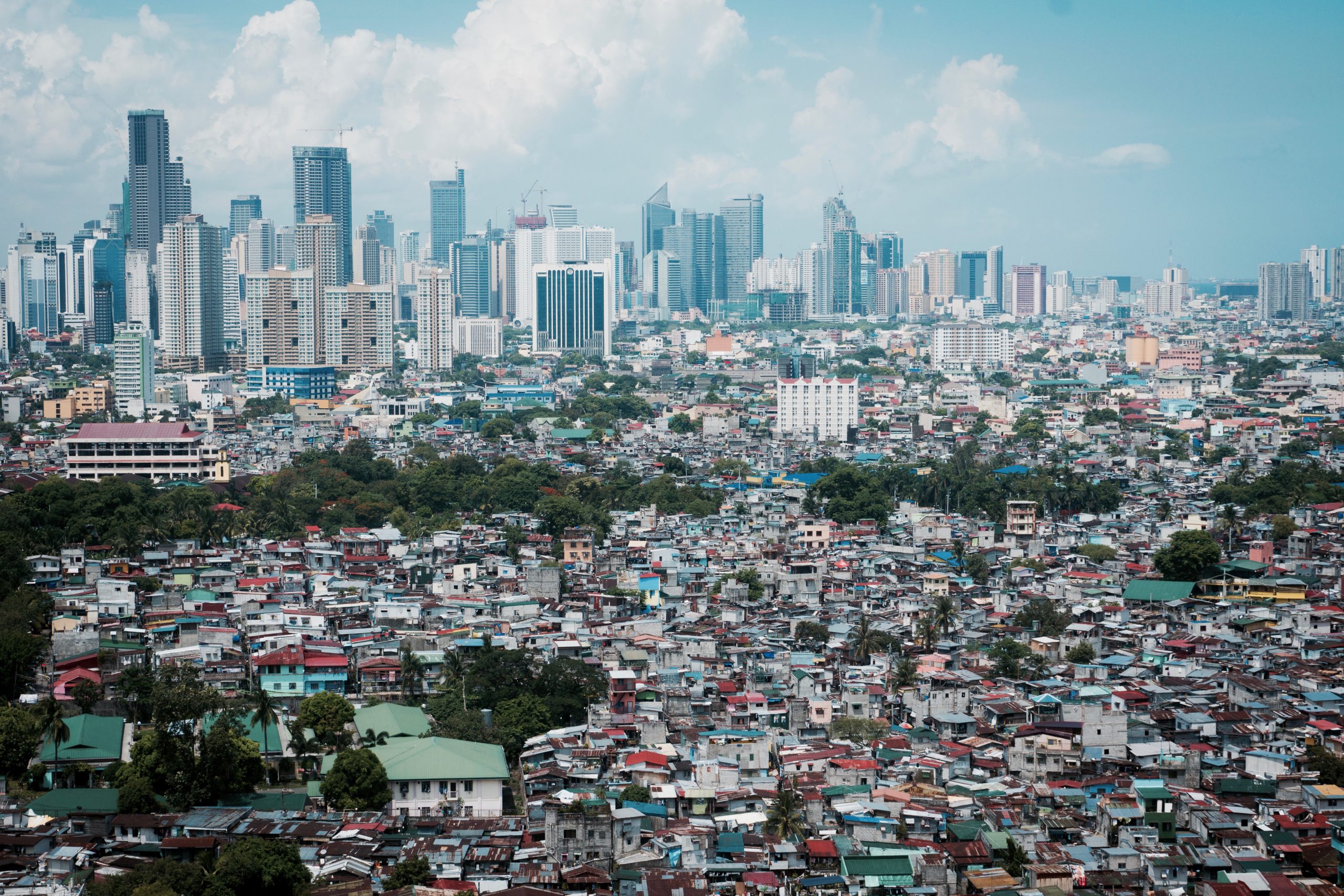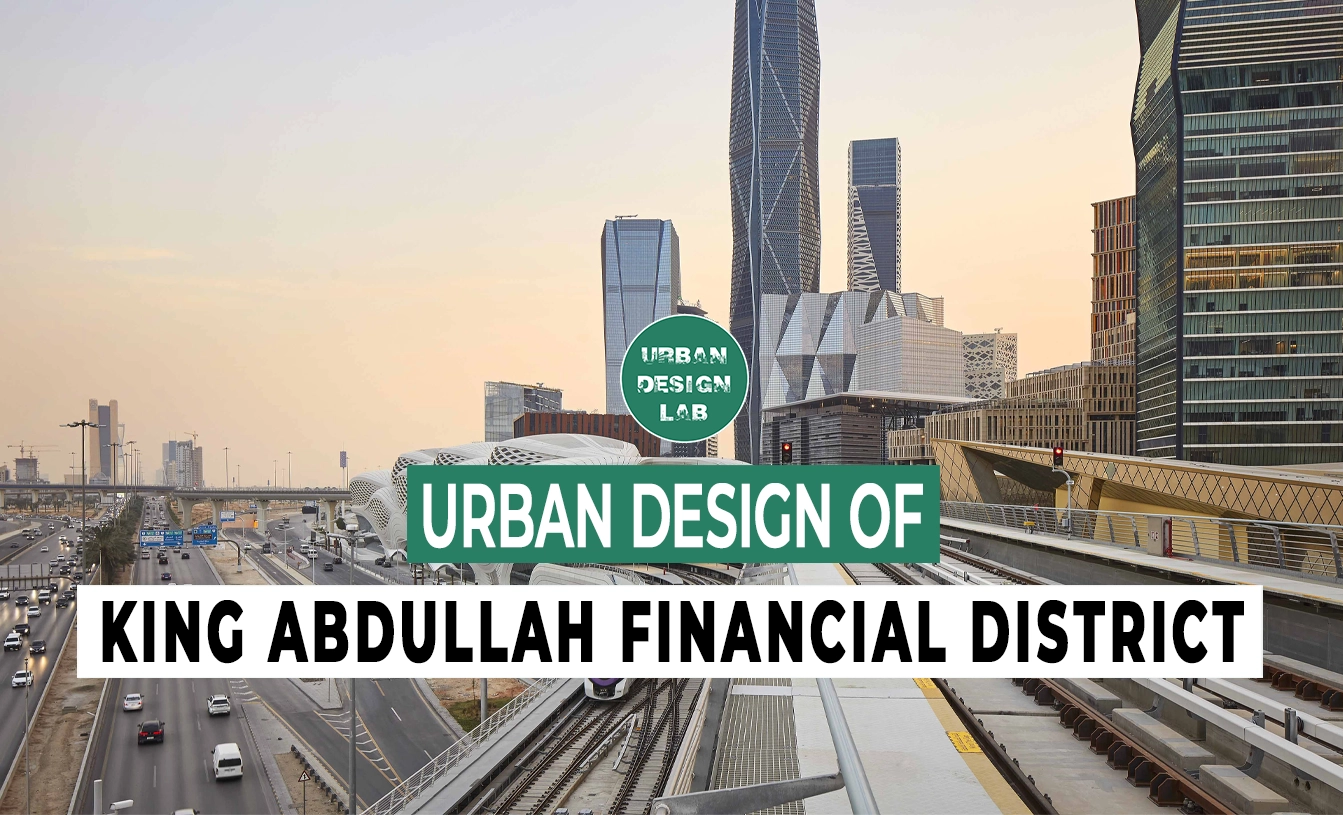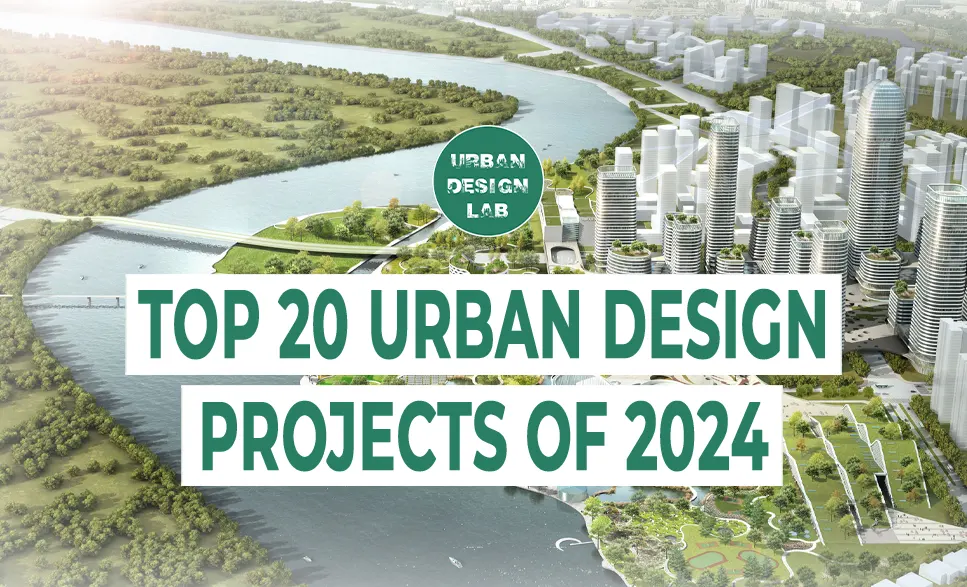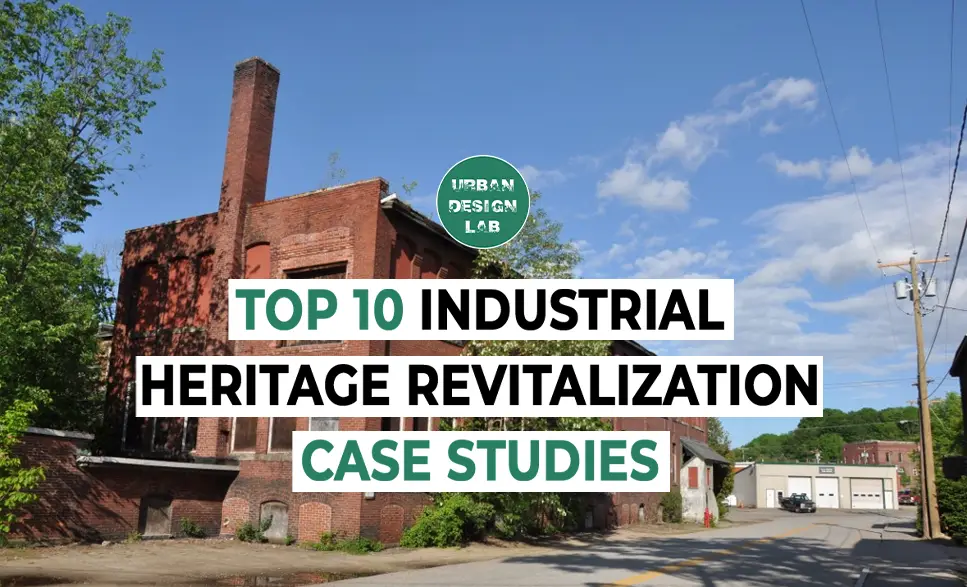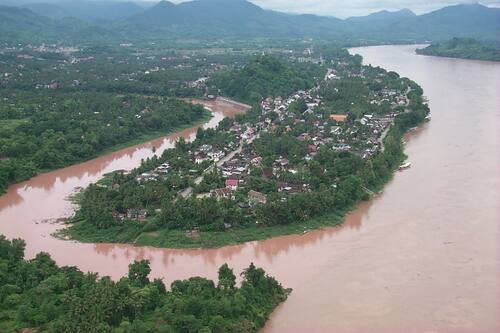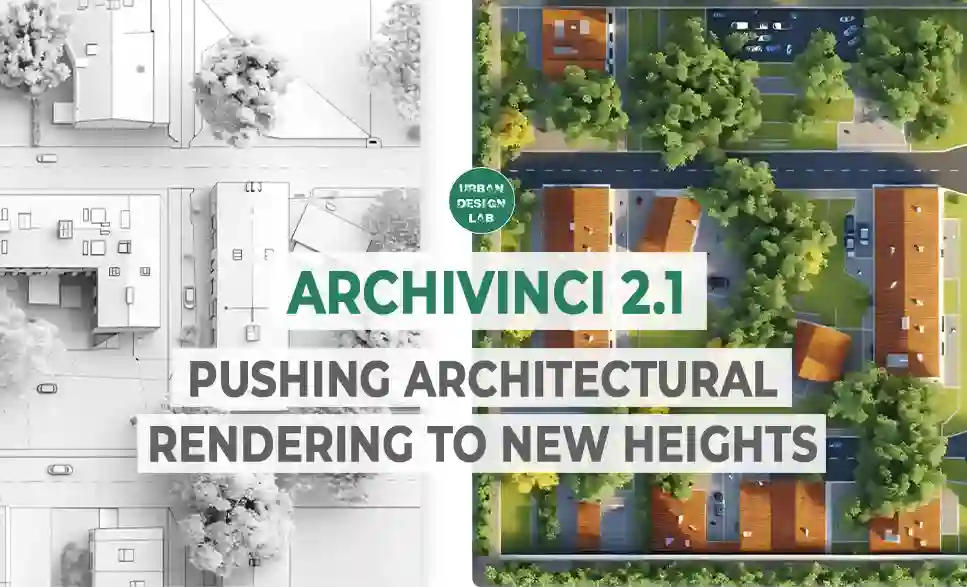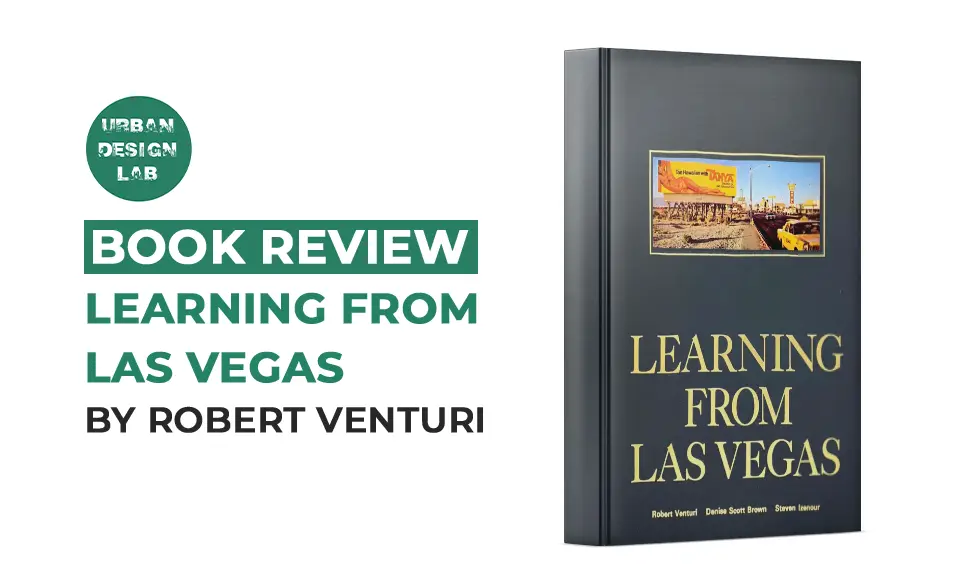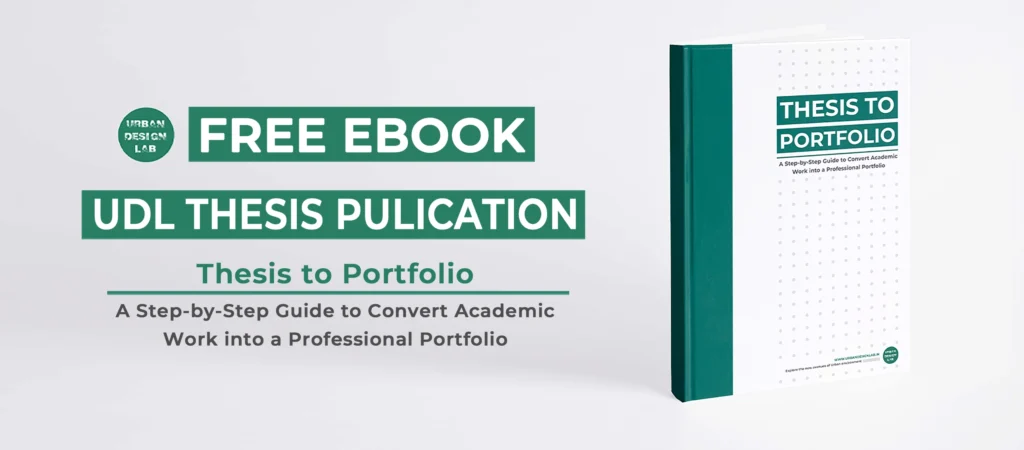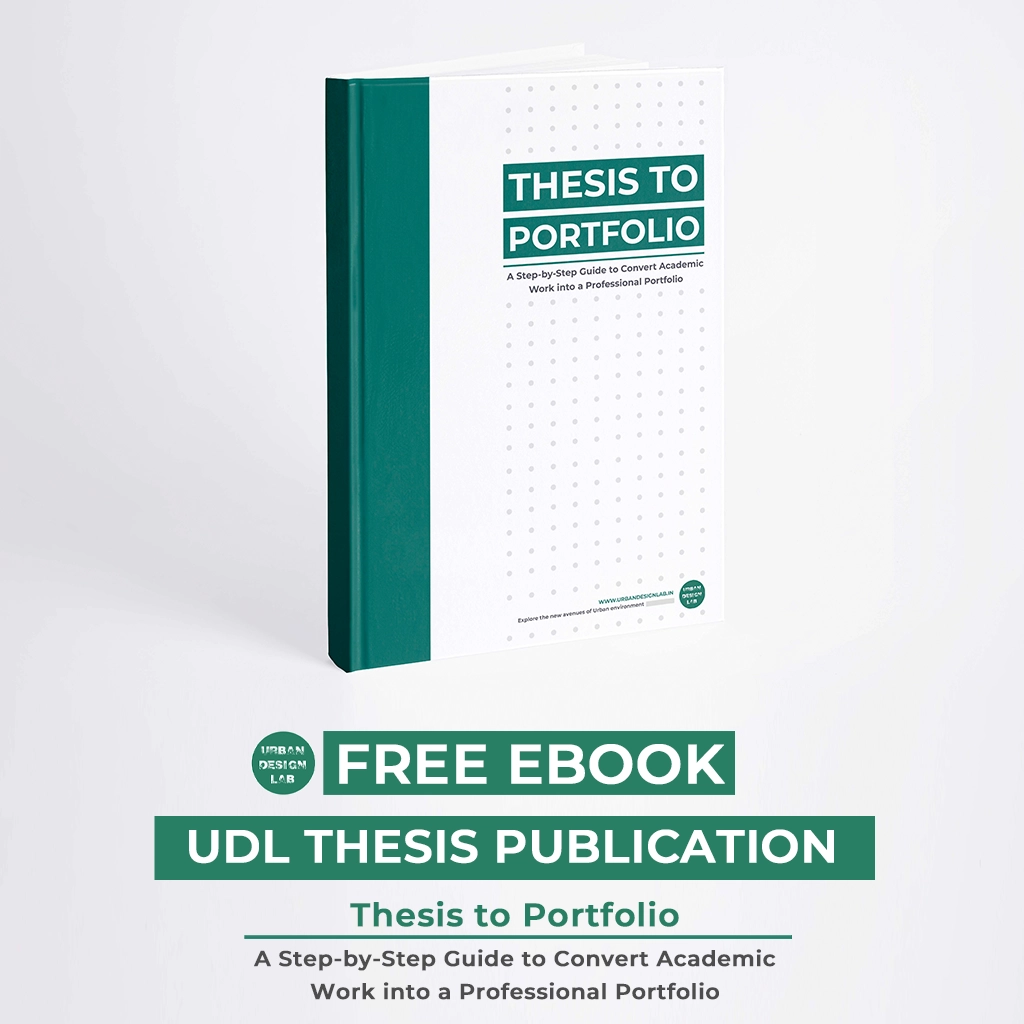
(Slum)scapes of adaptation Weak Grounds, Risk Ecologies, Community Initiatives | Harvard GSD
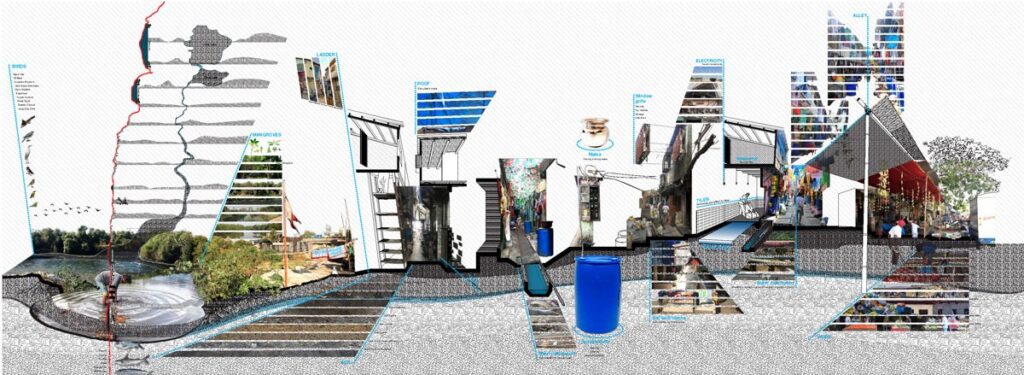
Rapid population growth, rural-urban migration, and the occupation of vulnerable territories are powerful characteristics for the increase of informal settlements. Largely, informal settlements have been defined by socio-economic standards, poverty, and lack of infrastructure. However, there is little research to comprehend the ecosystems, grounds, and implications of settling those environments. This mode of spontaneous urbanization has generally occupied the most vulnerable places of cities or territories with “bad geology,” which are usually located in areas prone to environmental hazards, such as groundwater flooding, subsidence, and landslides (Davis 2006: 121). For this reason, people who live in informal settlements have had to learn how to cohabitate with their environmental vulnerabilities, such as swamps, floodplains, and riversides, which are all wet grounds susceptible to groundwater flooding; rubbish mountains, which are waste grounds vulnerable to subsidence; and, unstable hillsides and steep slopes, categorized as steep grounds susceptible to landslides.
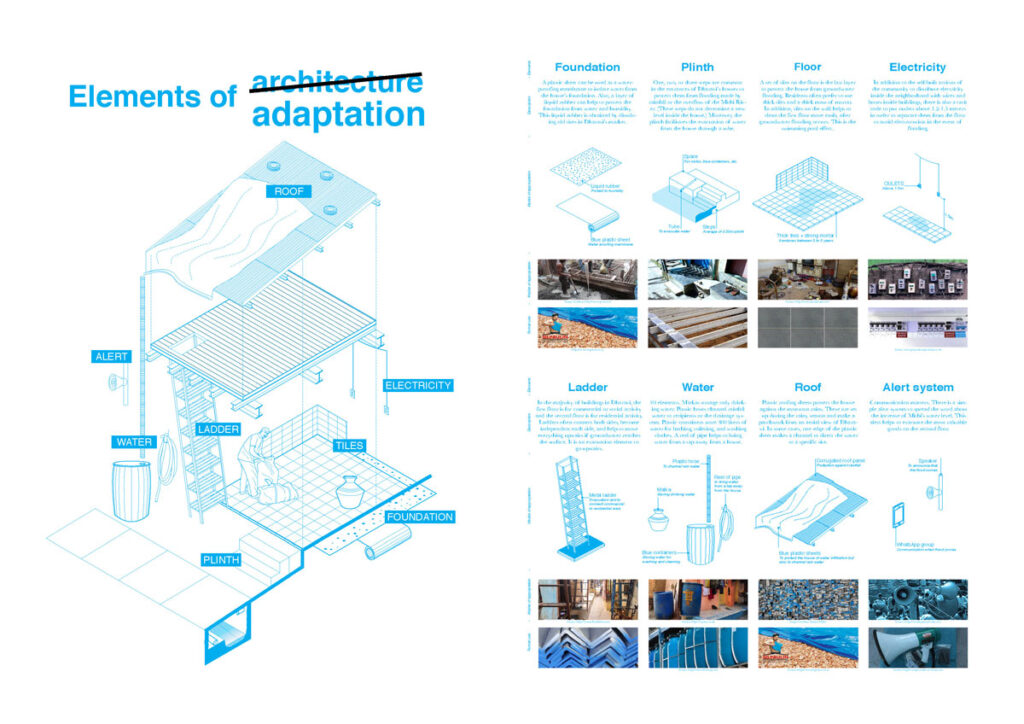
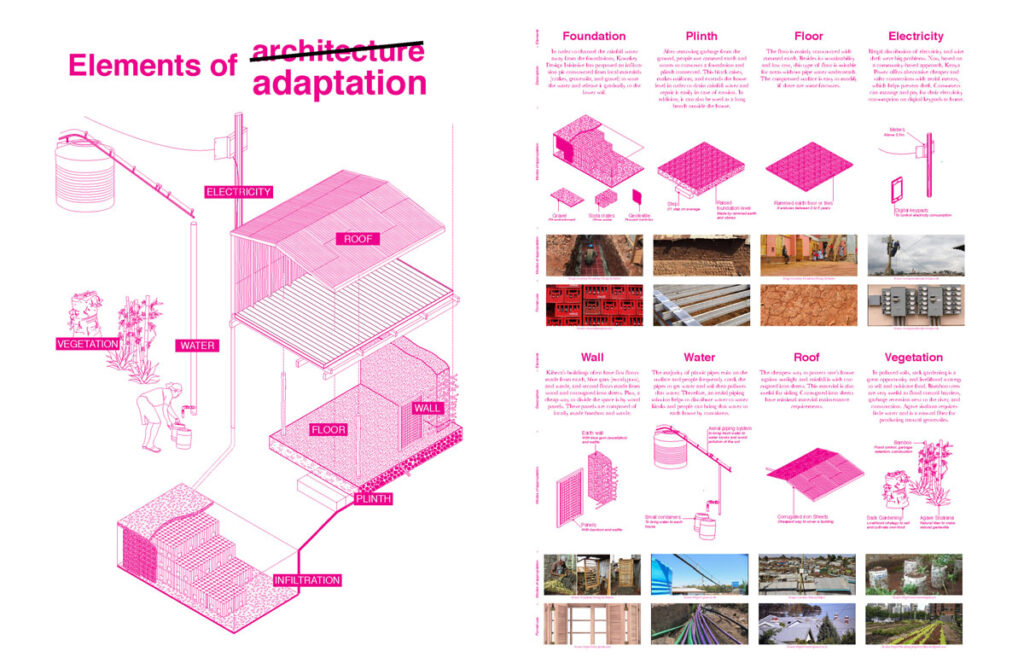
This thesis seeks to theorize, document, and highlight alternative adaptation strategies of inhabiting weak grounds, categorized as wet, waste, and steep grounds. I review one case study for each ground type and analyze it through archival, studio, and field works. This research thesis calls attention to new narratives in the understanding of informal settlements in the intersection among tectonic substructures, vulnerabilities of those grounds, and the adaptation responses of people in their built environments. The new knowledge produced leaves aside technical conventions of “suitable or bad geologies” and highlights unseen resourceful strategies and ecological flux systems that enable people to inhabit those environments.
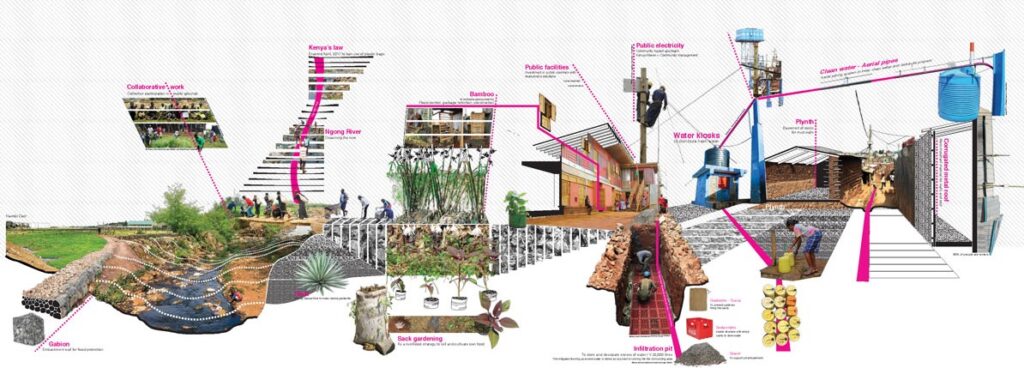
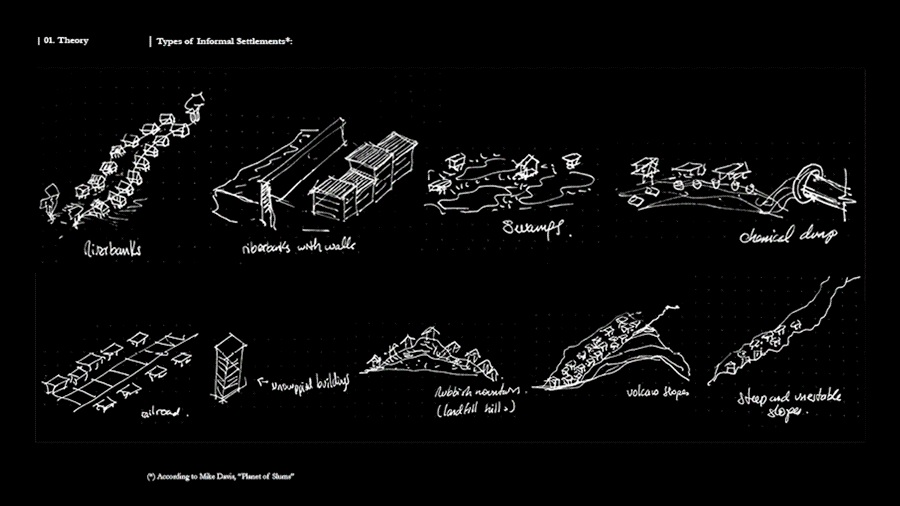
Thesis Title: (Slum)scapes of adaptation Weak Grounds, Risk Ecologies, Community Initiatives
Name: Eduardo Pelaez
Program: MDes ULE ’19
Thesis Year: 2019
University: Harvard GSD
Related articles
UDL GIS
Masterclass
GIS Made Easy – Learn to Map, Analyse, and Transform Urban Futures
Session Dates
23rd-27th February 2026

Urban Design Lab
Be the part of our Network
Stay updated on workshops, design tools, and calls for collaboration
Curating the best graduate thesis project globally!
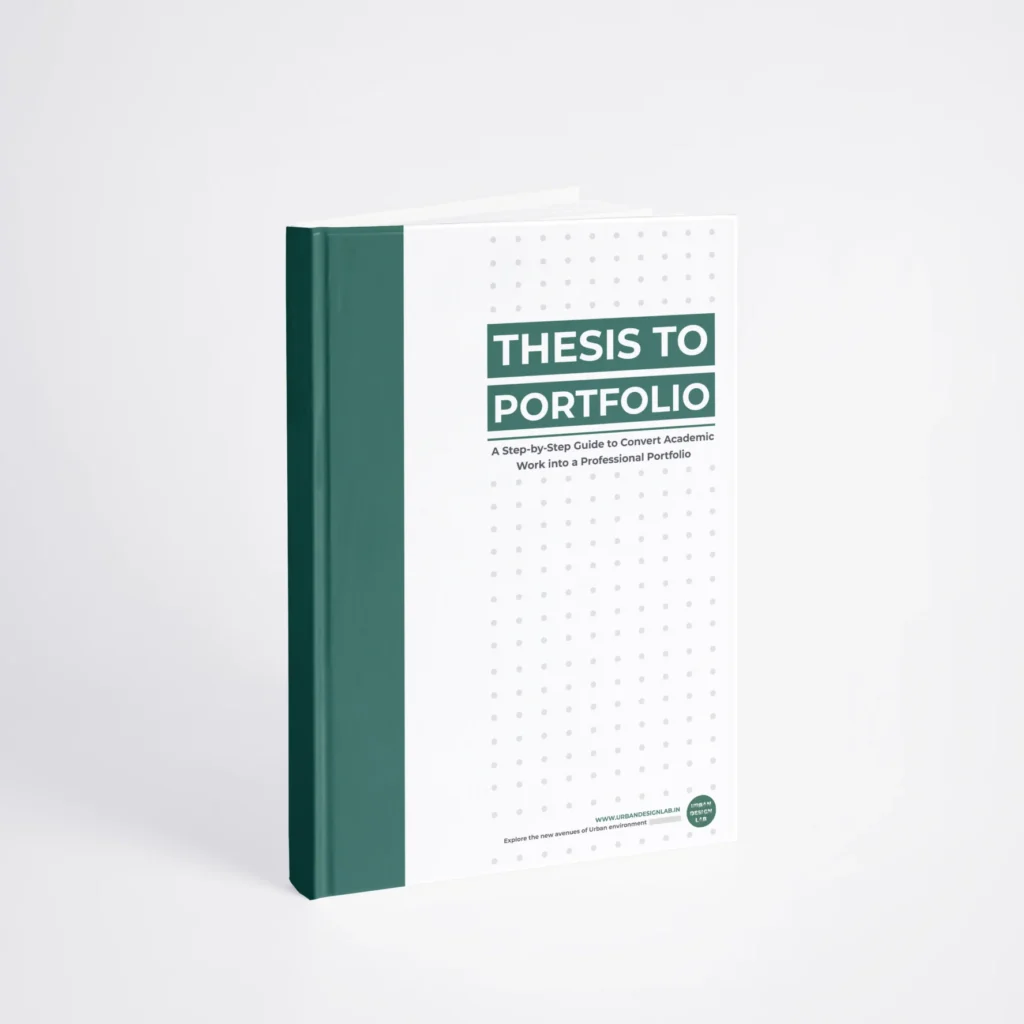
Free E-Book
From thesis to Portfolio
A Guide to Convert Academic Work into a Professional Portfolio”
Recent Posts
- Article Posted:
- Article Posted:
- Article Posted:
- Article Posted:
- Article Posted:
- Article Posted:
- Article Posted:
- Article Posted:
- Article Posted:
- Article Posted:
- Article Posted:
- Article Posted:
Sign up for our Newsletter
“Let’s explore the new avenues of Urban environment together “


